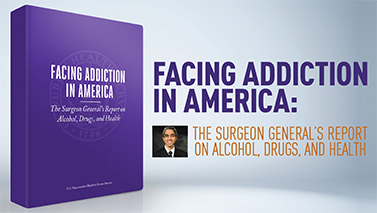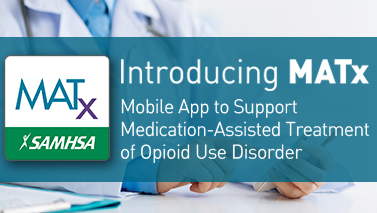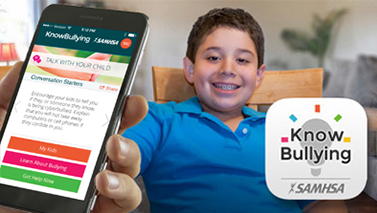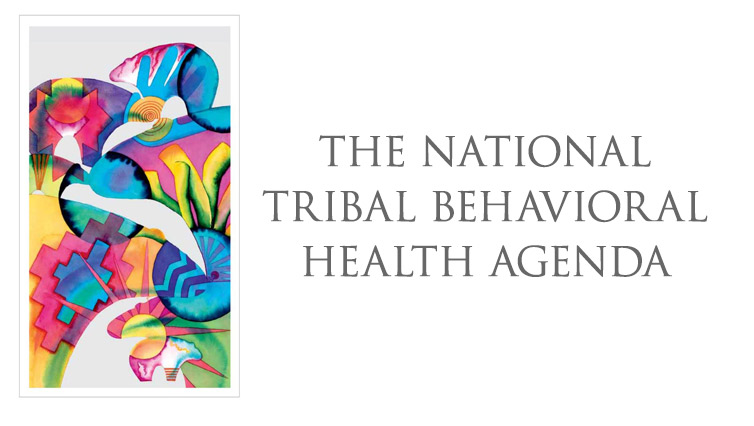Behavioral Health Treatments & Services Learn how health care professionals address common mental illnesses and substance use disorders and how SAMHSA helps people access treatments and services.
Home
The National Tribal Behavioral Health Agenda (TBHA) provides a blueprint to address current behavioral health issues and affect change for future generations. Learn more.























 Chat with a professional
Chat with a professional





